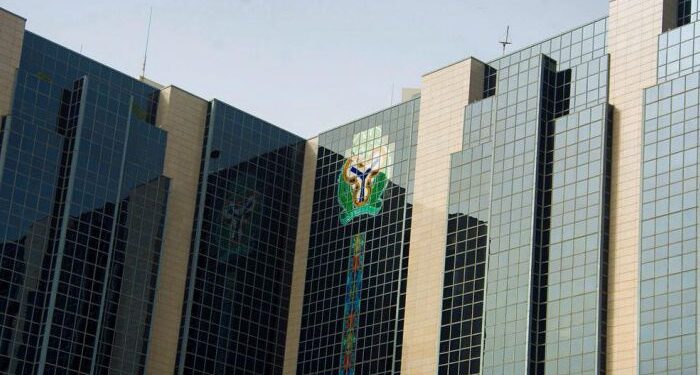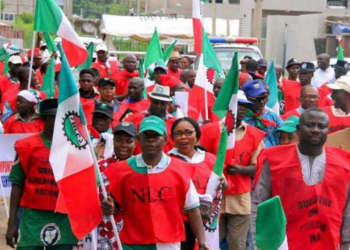The Central Bank of Nigeria (CBN) has issued further clarifications on the utilization of foreign exchange proceeds by international oil companies (IOCs).
This update was announced in a circular signed by Dr. Hassan Mahmud, Director of the Trade & Exchange Department at the CBN, in response to queries from banks and other stakeholders.
The circular, entitled “Further Clarifications on the Circular on Cash Pooling of Repatriated Oil and Gas Export Proceeds by International Oil Companies (IOCs),” explained the regulations initially outlined in the CBN’s previous directive under reference TED/FEM/PUB/FPC/001/004.
The new circular stated that oil companies are allowed to immediately pool the initial 50% of their repatriated export proceeds as required.
Banks representing these companies can submit cash pooling requests ahead of the expected date of receipt, supported by the necessary documentation.
Additionally, the circular specified that the remaining 50% of the repatriated funds can be used by the oil companies to settle their financial obligations within Nigeria, as needed, during a prescribed 90-day period.
Recommended reading:
The eligible financial commitments include the following:
- Petroleum Profit Tax
- Royalty
- Payments to Domestic Contractors
- Cash Calls
- Principal and Interest Payments on Domestic Loans
- Transaction Taxes, which include the Nigerian Content Development (NCD) Levy
- Education Tax
- Forex sales within the Nigerian Foreign Exchange Market
This policy by the CBN is part of ongoing efforts to regulate forex utilization while ensuring that the critical oil and gas sector operates efficiently within Nigeria’s financial regulations.
It reflects the central bank’s adaptive approach to managing the complex dynamics of foreign exchange amidst varied stakeholder interests in the nation’s pivotal oil and gas industry.
These clarifications are expected to help banks and oil companies better plan and manage their forex resources, thereby contributing to more robust financial compliance and operational efficiency within the sector.
Recommended reading: FG to compel oil companies to sell oil to local refineries in USD or Naira
The circular read:
“Following recent enquiries by banks and other stakeholders on our circular referenced TED/FEM/PUB/FPC/001/004, in respect of Cash Pooling requests by banks on behalf of IOCS, we provide further clarifications as follows:
“The initial 50% of the repatriated proceeds can be pooled immediately or as when required. Banks may submit the request for cash pooling ahead of the expected date of receipt, supported by the required documentation, for approval by the Central Bank of Nigeria.
“The 50% balance of the repatriated export proceeds could be used to settle financial obligations in Nigeria, whenever required, during the prescribed 90-day period.”
What you should
- The CBN earlier stopped international oil companies (IOCs) operating in Nigeria from immediately remitting 100% of their forex proceeds to their parent companies abroad.
- This was disclosed in a circular signed by the apex bank’s Director of Trade and Exchange, Hassan Mahmud, where it stated that the practice known as “cash pooling” had an impact on liquidity in the domestic forex market.
- According to the earlier guidelines, IOCs would be allowed to repatriate only 50% of their proceeds immediately while the other 50% will be repatriated 90 days from the day of inflow.
























